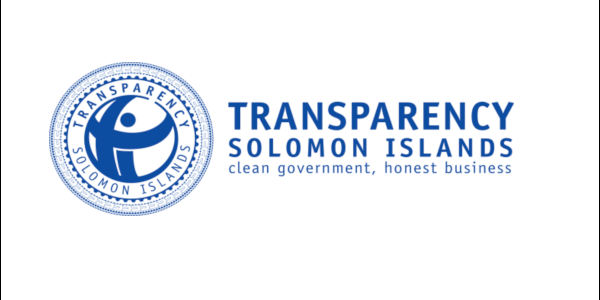TRANSPARENCY Solomon Islands (TSI) has expressed concern over the proposal for State Owned Enterprises to come under the sole authority of the Minister of Finance and Treasury.
This proposal is contained in Clause 4(a) & (b) of the State-Owned Enterprises (Amendment) Bill 2024.
TSI Legal Officer Joy Abia expressed TSI’s concern when she appeared before the Bills and Legislative Committee in Parliament on Friday 11 October.
She said this clause implies the removal of the role and responsibilities from a number of ‘Accountable and Responsible Ministers’ and vesting them only one minister (Minister of Finance and Treasury), who will have the absolute power of control, leaving the accountability for SOEs to lack specialized oversight.
“SOEs operate in diverse sectors and a single Minister may lack the sector-specific expertise needed to effectively oversee these enterprises, potentially leading to mismanagement.
“Current SOE legislation and Regulations provides that the Minister of Finance [and Treasury] is required to be consulted. This is adequate,” she said.
“As it is, the Finance [and Treasury] Minister is seemingly already more powerful than the Prime Minister.
“And will become even more powerful with this new amendment, having the absolute power to issue directions to an SOE Board, the power removes a director of an SOE from office [SOE Regs.14(1)] and ultimately [exert] control over state institutes and assets,” Ms Abia said.
Furthermore, Ms Abia said TSI reiterates its view with regards to absolute power and sole accountability of SOEs given to one Minister.
This she said causes risk of:
- Conflict of interest: the Minister of Finance primary role is to manage the country’s finances, which might conflict with the operational needs and long-term goals of SOEs, this can lead to decisions that prioritize short-term fiscal gains over sustainable growth. Appointing cronies as SOE directors;
- Corruption: concentrating power in one minister can increase the risk of corruption and reduce accountability. Without checks and balances, there is a higher chance of decisions being influenced by personal or political interests;
- Fiscal risks: if SOEs are not managed properly, can become significant burden on the national budget, the minister of finance might be tempted to use SOEs to achieve short term fiscal objectives, which can lead to long term financial instability.
Ms Abia said essentially, the Minister represents the political objectives of any ruling regime.
“Therefore, when ultimate power is vested in the same minister, there is a higher risk of political influence, conflict of interest and corruption.
“SOEs would be manipulated for the gain of the government or even the Minister,” she said.
Ms Abia said there is likelihood of political objectives taking precedence and priority over ‘commercial considerations.’
By EDDIE OSIFELO
Solomon Star, Honiara









